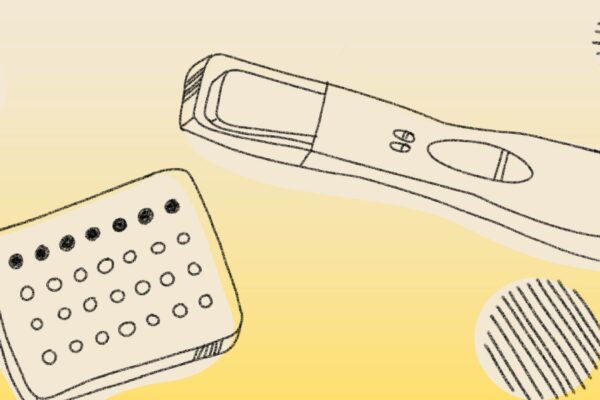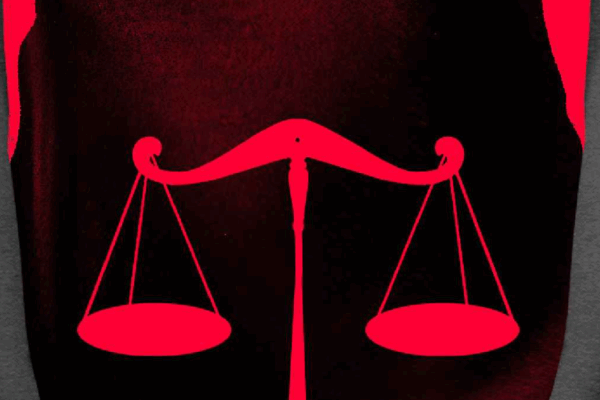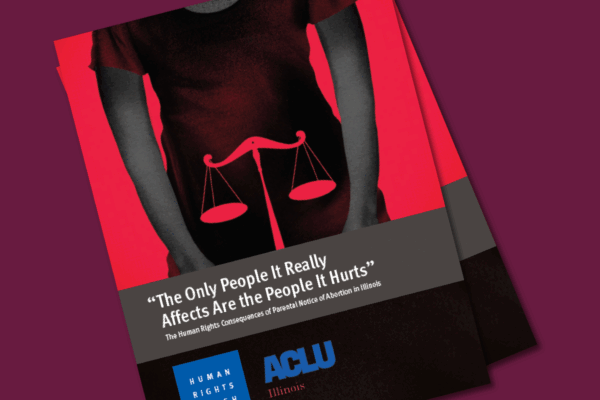If you are under 18 you have the right to make many decisions about your own reproductive health in Illinois. Find more information and resources below.
If you have any questions, please contact us at: youthrepro@aclu-il.org.
Related Content
May 2022
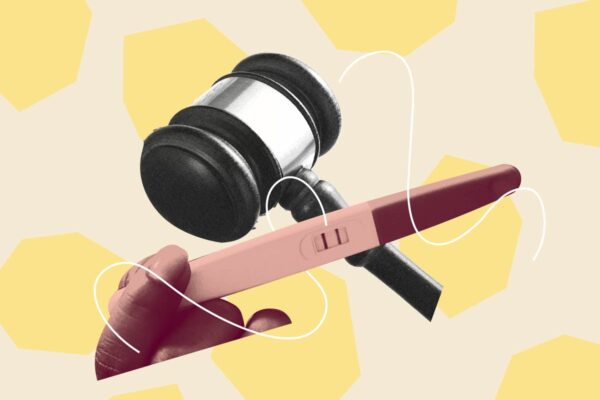
Parental Notice of Abortion Act (PNA) and the Judicial Bypass Coordination Project
Starting June 1 2022 the Parental Notice of Abortion Act (PNA) is no longer law in Illinois. PNA was a type of parental involvement law that deters young people from seeking an abortion by forcing them to involve an adult family member or making them go to court in order to access an abortion.
Nov 08, 2021
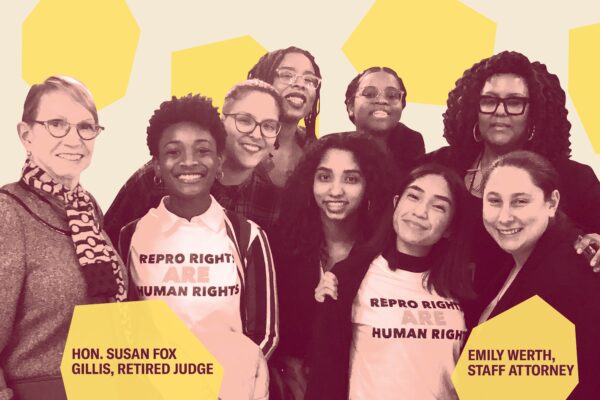
Testimony on HB 370: Youth Health and Safety Act
During the 2021 Veto Session, advocates including Emily Werth and Hon. Susan Fox Gillis testified before committee in support of HB 370, a measure that repealed the Parental Notice of Abortion Act.
Stay Informed
Sign up to be the first to hear about how to take action.
By completing this form, I agree to receive occasional emails per the terms of the ACLU’s privacy statement.
By completing this form, I agree to receive occasional emails per the terms of the ACLU’s privacy statement.

